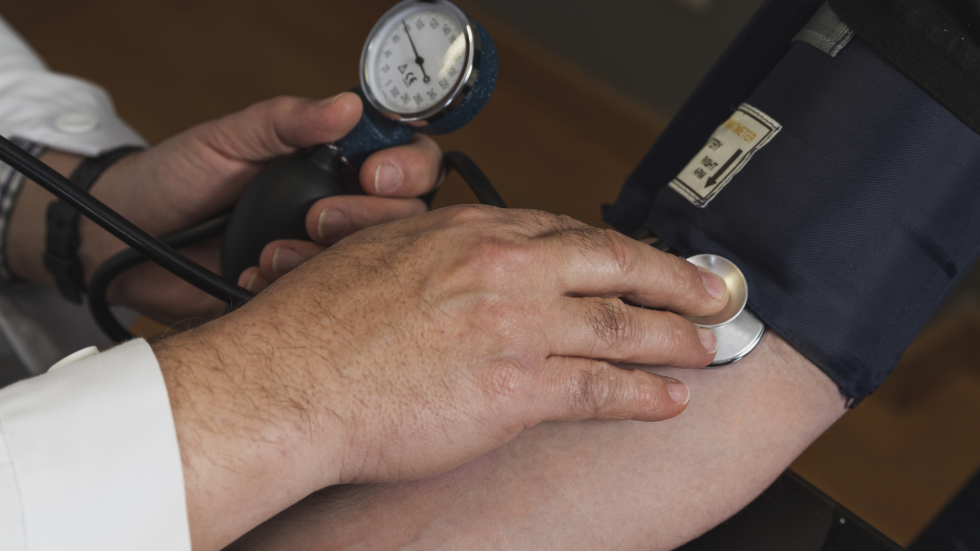A recent study presented at the American College of Cardiology’s Annual Scientific Session suggests that insufficient sleep, defined as less than seven hours per night, may increase the risk of developing high blood pressure over time.
Researchers examined data from 16 studies conducted between January 2000 and May 2023, involving 1,044,035 individuals from six countries who did not have a history of high blood pressure. Even after adjusting for factors such as age, sex, education, body mass index (BMI), blood pressure, and smoking status, the analysis revealed a correlation between short sleep duration and hypertension.
Notably, the risk was even higher for those who slept less than five hours per night. Sleeping less than seven hours was associated with a 7% increased risk of high blood pressure, which rose to 11% for those with less than five hours of sleep.
Kaveh Hosseini, assistant professor of cardiology at the Tehran Heart Center and lead investigator of the study, highlighted the importance of aiming for seven to eight hours of sleep per night, as recommended by sleep experts, to support heart health.
In comparison, the risk posed by insufficient sleep was found to be comparable to other significant risk factors for hypertension, such as diabetes and smoking.
Interestingly, the study found no significant age-related differences in the association between sleep duration and high blood pressure, indicating that sleep patterns impact individuals across various age groups. Additionally, females who reported sleeping less than seven hours had a 7% higher risk of developing high blood pressure compared to men.
The study emphasizes the importance of discussing sleep patterns with healthcare providers, particularly for individuals experiencing disrupted sleep possibly related to conditions like obstructive sleep apnea, which has been linked to increased rates of high blood pressure, stroke, and coronary artery disease.
While shedding light on the relationship between sleep duration and hypertension, the study acknowledges limitations, including reliance on self-reported sleep duration through questionnaires, which precludes assessment of changes in sleep patterns over time.



